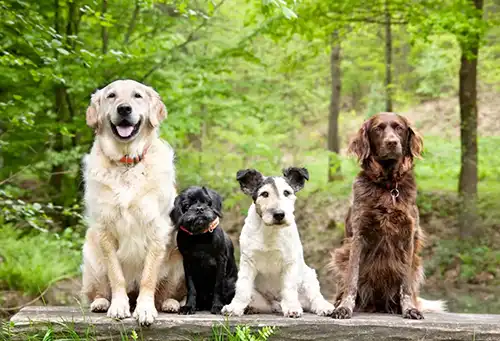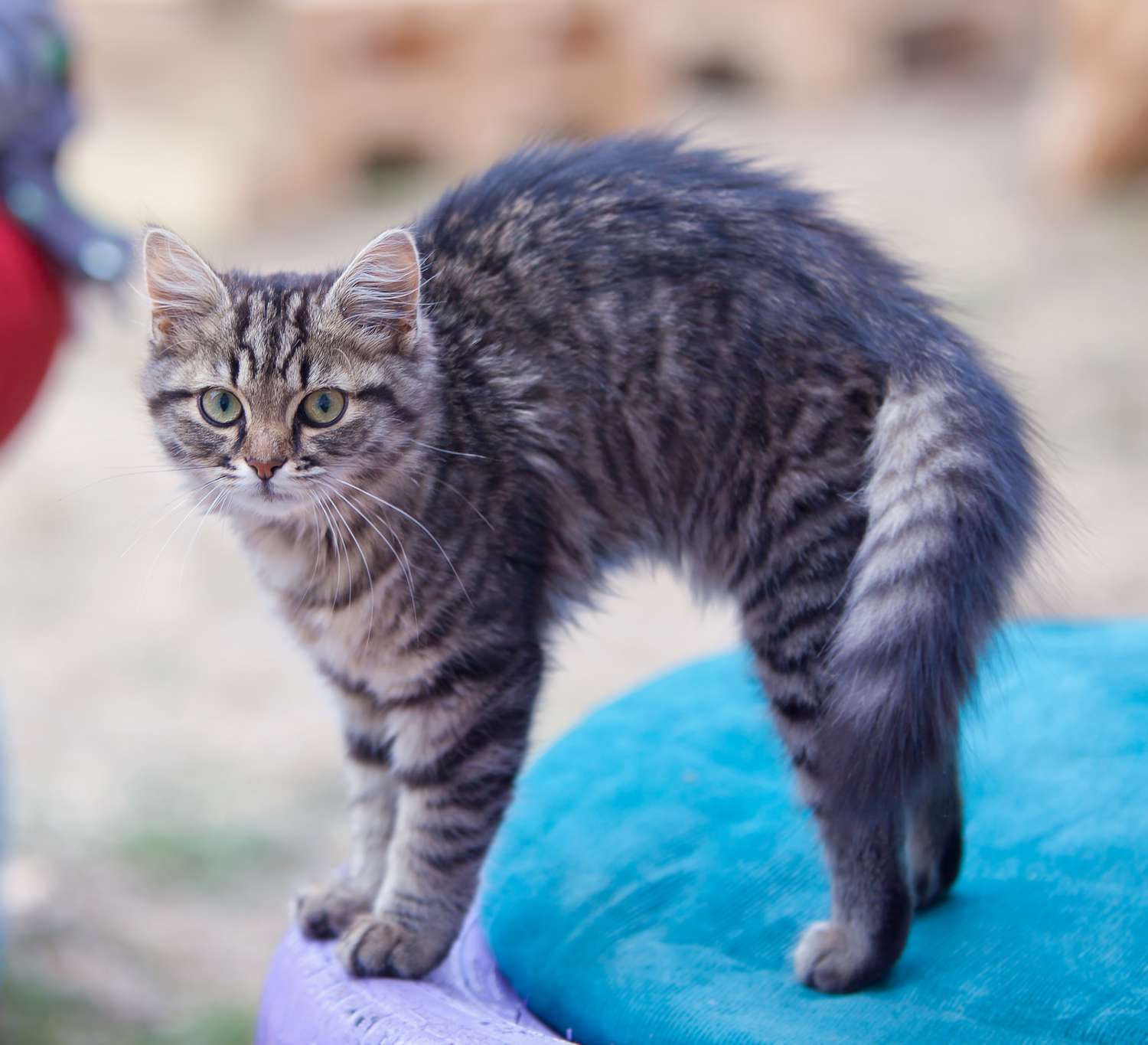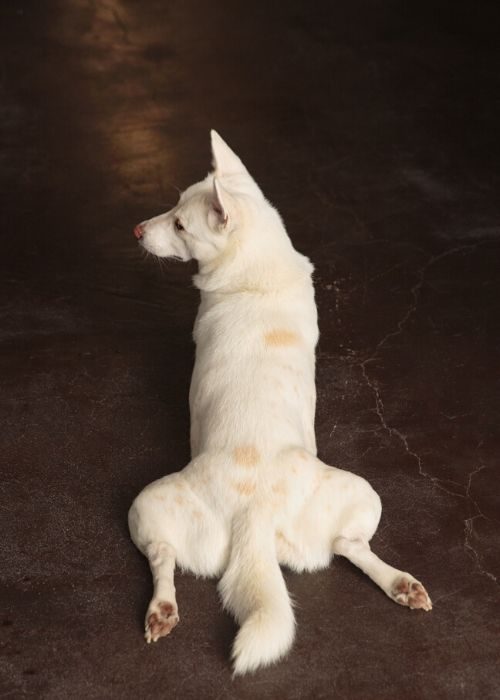March 23rd is National Chinchilla Day! These cute little pets are becoming increasingly popular. Chinchillas aren’t the most demanding pets on our patient roster, but they do require a good amount of care. You won’t necessarily need to do a lot on a daily basis, though: the most crucial thing is to understand the do’s and don’ts. A local Las Vegas NV veterinarian explains some basics of chinchilla care below.
Do Chinchillas Make Good Pets?
They can be great pets for the right person. Just keep in mind that each of our animal pals has distinct characteristics. It really boils down to what you want. What is a positive to one individual may be a negative to another.
However, there are a couple of potential deal breakers.
One factor to consider is their longevity. Chinchillas have fairly long life spans in comparison to other small animals. They can live for ten or even fifteen years. That’s equivalent to the lifespan of many dogs!
Chinchillas are extremely sensitive to heat, and require relatively moderate temperatures, so if you prefer a warm environment, they may not be the ideal fit. You’ll need to keep your pet in an air-conditioned room during the hotter months.
Another thing to consider: Chinchillas are nocturnal, so they are not particularly quiet at night. They also require fairly large enclosures.
Before adopting one of these guys (or any other animal) do your research, and ask your Las Vegas, NV vet for advice.
What Kind of Cage Do Chinchillas Need?
Because chins enjoy jumping and climbing, they will need something that’s taller than it is wide.
Here are some pointers:
- The habitat should be at least 2′ long by 2′ wide.
- A multi-tiered cage is typically an excellent choice.
- Get something with solid floors: wire ones are not safe.
- The walls should be mesh, with openings spaced less than 1 inch apart.
- Avoid plastic, as your pet may gnaw through it.
- For substrate, you’ll want to use paper-based bedding materials. Wood shavings might cause irritation, so avoid using them.
- Make sure to include plenty of entertaining items, as well as appropriate hiding places, such as small boxes and tents.
- Your pet will also need climbing branches and chew toys.
Ask your veterinarian for detailed advice.
What Kinds Of Illnesses Do Chinchillas Get?
Like any other pets, chinchillas are susceptible to various ailments and disorders.
Here are a few of the main ones:
Ringworm: Chinchillas are especially vulnerable to ringworm, which, despite its name, is a fungus rather than a worm. This problem is treatable, but you must take your small companion to the vet right away.
Overheating: Chinchillas come from the dry, arid Andes. They are not really suited for hot or humid settings, and they can overheat even at temperatures that many people consider rather comfortable. Needless to say, Nevada isn’t exactly their ideal climate. You’ll need to keep your pet’s room 80°F or below, and keep your pet’s cage out of direct sunlight.
Dental Diseases: Chins, like other creatures with open-rooted teeth, are highly susceptible to dental problems. If your tiny friend is unable to wear down their teeth, they may develop some quite painful conditions.
Fur Issues: Chinchillas’ soft fur makes them adorable and pettable, but it can cause difficulties. If your chin is lonely, stressed, anxious, or terrified, it may chew itself. They also lose fur sometimes due to hormonal or other health conditions.
Chins can also shed profusely when scared or mistreated. This is a protective mechanism called fur slip. Be super kind and gentle with your chinchilla, and make sure the little one is comfortable, happy, and healthy.
Digestive Issues: This one encompasses a wide range of problems. These include parasites, bad nutrition, and other factors. Chins cannot vomit, therefore gastrointestinal ailments are quite harmful.
Keep an eye out for indications that something is wrong. Some of the things to watch for are the following:
- Discharge from the eye or nose
- Fur loss
- Withdrawal
- Chewing themselves
- Lack of appetite
- Diarrhea
- Constipation (a lack of fecal pellets)
- Lethargy
- Restless or irregular activity, such as pacing
- Weight Gain or Loss
- Lumps, lumps, and lesions
- Lack of interest in bathing
- Uncharacteristic quiet/listlessness
- Dirty bottom
- Excessive thirst
- sensitive/sore paws
- Symptoms may include bloating and open-mouth breathing.
- Panting
- Drooling
- Pawing At the Mouth
If you observe any of these symptoms, contact your Las Vegas, NV veterinary clinic immediately.
How Can I Tell If My Chinchilla Is Happy?
Chinchillas have several delightful ways of showing affection. When your furry friend sees you, they may wag their tail or run around with excitement. They sometimes physically jump for joy. This is known as popcorning, and it is extremely cute.
Your chin may also nibble you softly. This is a way to express affection. (Note: if your pet does this while you are holding them, it could indicate that they wish to be put down.)
What Does a Chinchilla Eat?
Chinchillas have special dietary requirements. Their teeth are open-rooted, as are those of many other tiny mammals. This is beneficial in the natural world, since they can chew through many tough plants and roots. Your pet will require a substantial amount of fiber, as well as infinite amounts of hay. This can be supplemented with a tiny amount of commercial pellet food and some dark, leafy greens. Your little buddy will also enjoy nibbling on safe branches, like those of apples, pears, and blackberries. Take care not to give them anything that has been treated with pesticides.
Chinchillas do not need treats. In fact, serving too many snacks may cause more harm than good. However, you can occasionally serve plain Cheerios, hibiscus leaves, or blackberry leaves. Your pet may also appreciate fresh, safe herbs like oregano, peppermint, and lavender.
It’s equally crucial to understand what not to provide. That list contains
- Dried Fruit
- Grain
- Nuts
- Seeds
- Branches of unsafe/unknown trees
- Chocolate
- Alcohol
- Caffeine
Be sure to see your Las Vegas, NV veterinarian for precise guidance on this. Never offer anything unless you are certain it is safe.
Where Do Chinchillas Come From?
Chinchillas are native to South America. They were once quite plentiful, but their fur has long been sought after. Hunting and trapping have taken a toll on their numbers. Wild chinchillas are becoming more and more scarce.
Do You Have To Groom A Chinchilla?
Chinchillas are pretty clean. You won’t need to bathe your pet, at least not in the usual way. In fact, you should avoid washing your chin with soap and water. Their fur is not meant to get wet and will take a long time to dry. This may cause skin irritation. Plus, you’ll be dealing with a wet, unhappy furball!
Chinchillas use dust baths to groom themselves. You will need to provide a suitable container and clean dust. (Tip: Keeping dust in the refrigerator, especially during the summer, will help your furry friend stay cool.) Most chins should have dust baths three times per week. You’ll want to purchase store-bought dust. Don’t use sand: it’s too abrasive and may harm your pet’s skin or eyes. Ask your vet for more information.
Do you have any queries about chinchilla care? Contact us, your local Las Vegas, NV pet hospital, at any time! We are here to help!






!Social Media Icons